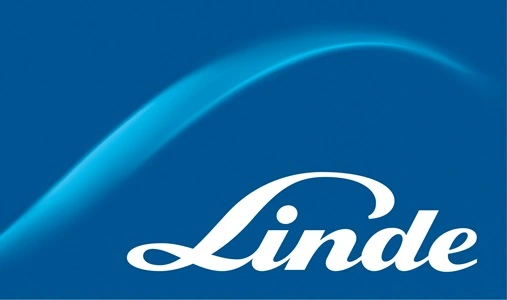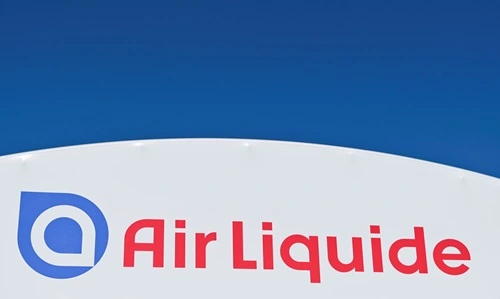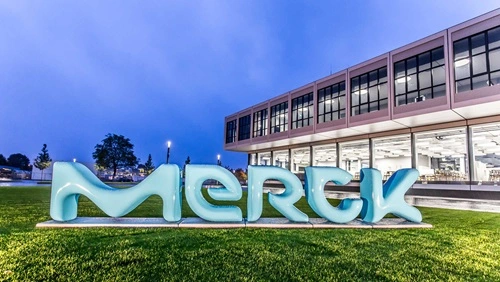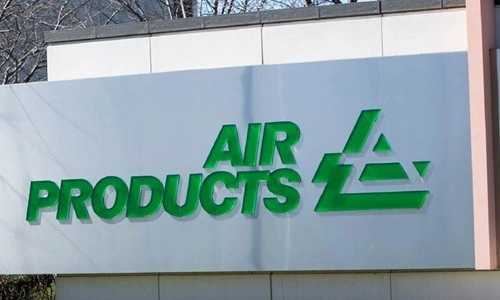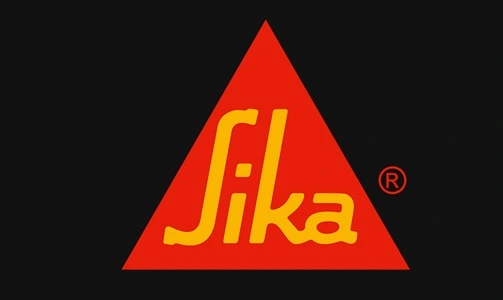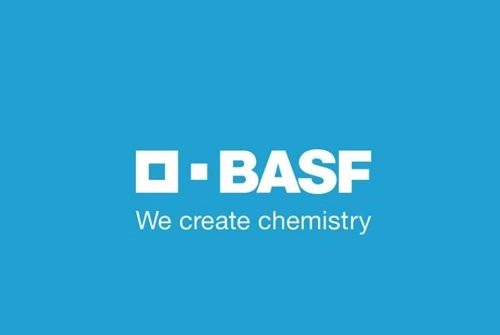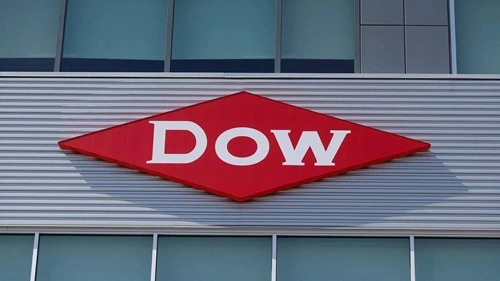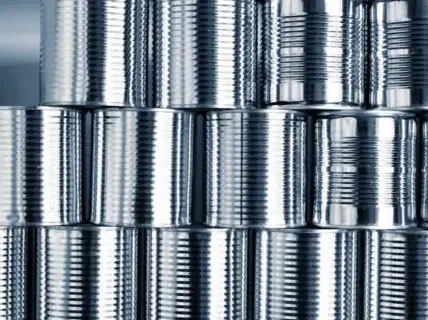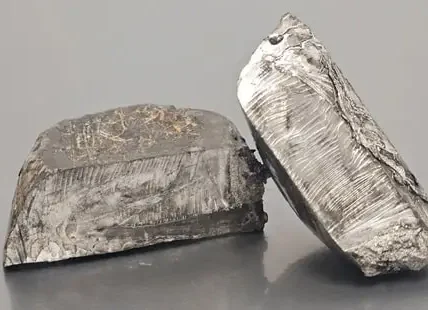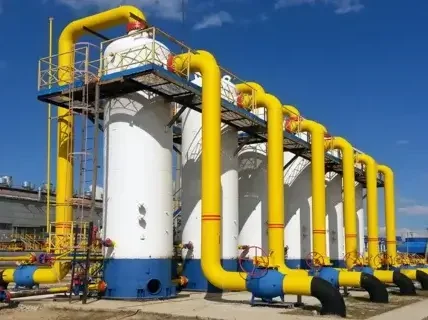Did you know that in most of the things we daily use, like our food, clothes, electronic items, or whatnot, in the making of these things, there is a particularly necessary use of different chemicals? So where do all those chemical products or solutions come from? Somebody had to make them, right? Yes, you are precisely right about that. There are many chemical companies in the world that make different kinds of chemicals for different needs and sectors. And today, we are here to take a look at the top 10 biggest chemical companies in the world as of 2024. These are going to be the top-of-the-line companies that are there to fulfill the sky-high demand for all things chemicals. Here we go.
1. Linde plc.
With a whopping $208.12 billion market capitalization, Linde plc is the biggest industrial gas company worldwide. Linde, which emerged from the 2018 merger of Linde AG and Praxair, is running business in more than 100 countries as of 2024. If you don’t know what this company is involved in, well, for large chemical facilities, they provide engineering services in addition to gasses such as oxygen, nitrogen, and hydrogen. Linde, with headquarters in the United Kingdom, leads in everything from manufacturing to healthcare. All in all, their industry-powerhouse distinction stems from their emphasis on sustainability and creative energy solutions.
2. Air Liquide
Since 1902, French firm Air Liquide, whose market capitalization is $102.69 billion, has been transforming the field of industrial gasses for quite a while now. Renowned for developments in hydrogen energy and oxygen therapy, this Paris-based business employs over 67,800 people and has 80 locations across. Their huge expenditures in research and development clearly show their unrelenting quest for technical progress. So, why exactly is this chemical company so big on the global stage? Well, it is just because of their focus from electronics to industrial gasses to healthcare, and they do quite a good job at it.
3. Shin-Etsu Chemical
With its wide array of chemical products including PVC, semiconductor silicon, and silicones, for sure, Shin-Etsu Chemical has created waves from Japan throughout the world. Established in 1926 and with a $80.02 billion market capitalization as of 2024, Shin-Etsu gets over 70% of its revenues from outside markets. Their supremacy in several product lines says volumes about their technological acumen and competitive strength.
4. Merck KGaA
Imagine a 1668-born corporation still dominating the pack! German giant Merck KGaA, with a $70.92 billion market capitalization, shines in pharmaceuticals, chemicals, and life sciences. With around 60,000 workers spread across more than 70 countries, Merck is well-known for its contributions to electronics and healthcare. For a chemical company to be working this long, and that too continuously while providing the top-notch end product, it really is amazing to see how far they have come. And certainly, because of that very reason, Merck KGaA deserves a spot on this list today.
5. SABIC
With a market capitalization of $59.14 billion, Saudi Arabia’s SABIC is a huge name in the manufacture of metals, polymers, fertilizers, and chemicals. Established in 1976, SABIC has expanded internationally and become a worldwide leader running in more than 50 countries. Renowned for calculated purchases such as GE Plastics in 2007, SABIC is growing and innovating while keeping everything top-notch, you know?
6. Air Products and Chemicals
Ever wanted to know which corporation was crucial for NASA’s space flights? Meet the American giant with a market capitalization of $56.24 billion, and yes, we are talking about Air Products and Chemicals. Talking about the establishment of this company, well, Leonard Parker Pool founded this Trexlertown, Pennsylvania-based corporation in 1940 beginning with transportable oxygen generators for World War II. Now leading the industrial gasses industry, they provide across technology, energy, healthcare, food, and industrial sectors oxygen, nitrogen, argon, and hydrogen. Their operational competence and market leadership are shown by their remarkable $12.6 billion revenue in 2023.
7. Wesfarmers Limited
Having head office for Wesfarmers Limited in Perth, Wesfarmers Limited started its adventure in 1914. With a market valuation of $49.78 billion, Wesfarmers now covers industrial goods, office supplies, and home renovation, including retail giants like Bunnings Warehouse and Kmart. Their varied business depends much on their chemicals, energy, and fertilizers including CSBP and Kleenheat. With around 114,000 employees spread throughout Australia, New Zealand, and the UK, Wesfarmers’ smart acquisitions and diverse businesses guarantee its robust market position and financial performance.
8. Sika AG
Consider the most sophisticated bonding and sealing techniques available in the building and construction, and Sika AG most certainly comes to mind. Kaspar Winkler started this Swiss powerhouse in 1910; its headquarters are in Baar, Switzerland. Sika achieved CHF 11.2 billion in revenues in 2023 with over 33,000 workers and activities in more than 100 countries.
9. BASF SE
German titan BASF SE is the top chemical manufacturer worldwide. Friedrich Engelhorn founded BASF in 1865, his path started with dye manufacture and today covers chemicals, polymers, performance products, and even agricultural solutions. Unquestionably, BASF has power with its employment of around 111,991 and sales of €68.9 billion in 2023. Innovations that show their dedication to sustainability and technical progress include the Haber-Bosch method for ammonia production.
10. Dow Inc.
Herbert Henry Dow started Dow Inc., a big name in materials science, in 1897. Dow’s activities cover 160 countries and employ over 36,000 people from its $37.18 billion market capitalization. Renowned for chemicals, polymers, and agricultural goods, Dow recorded $44.62 billion in sales in 2023. By merging with DuPont in 2015 to create DowDuPont and subsequently separating into three companies, the business helped to refine its emphasis on materials research.
Conclusion
There you have it. You see, we don’t even realize how important different kinds of chemicals are, and that’s why it is not common for us to know about the rising demand for chemical solutions and products around the globe that are being used in many industries and sectors. But no matter what, these are by far the biggest companies that are keeping up with that super-high demand for chemicals, and they are doing a pretty good job at it.
Frequently Asked Questions
Q1. How are chemical companies ranked?
Ans: Chemical companies are typically ranked based on their revenue, market capitalization, and production capacity. Factors such as innovation, sustainability practices, and global reach also play a role in determining their ranking.
Q2. How do chemical companies contribute to sustainability?
Ans: Many of the biggest chemical companies are committed to sustainability through initiatives such as reducing greenhouse gas emissions, developing eco-friendly products, recycling, and improving energy efficiency. They invest in research and development to create more sustainable processes and products.
Q3. What innovations are the biggest chemical companies known for? T
Ans: The chemical companies are known for innovations in areas such as advanced materials, biotechnology, and nanotechnology. They develop new products and technologies that improve the efficiency, performance, and sustainability of various applications.
Q4. What challenges do the chemical companies face?
Ans: The chemical companies face challenges such as regulatory compliance, environmental concerns, fluctuating raw material prices, and the need for continuous innovation. They must also navigate geopolitical risks and changing market demands.
Q5. How do chemical companies ensure safety and regulatory compliance?
Ans: Chemical companies ensure safety and regulatory compliance by adhering to strict industry standards and regulations. They implement robust safety protocols, conduct regular audits, and invest in training and technology to minimize risks and ensure the safety of their operations and products.
Q6. What is the future outlook for the global chemical industry?
Ans: The future outlook for the global chemical industry is positive, with continued growth expected in various sectors. Advances in technology, increased demand for sustainable products, and emerging markets are likely to drive future growth. However, companies must remain adaptable to changing market conditions and regulatory landscapes.

Brandon is the cheif editor and writer at WorldUnfolds.com. With a passion for storytelling and a keen editorial eye, he crafts engaging content that captivates and enlightens readers worldwide.

